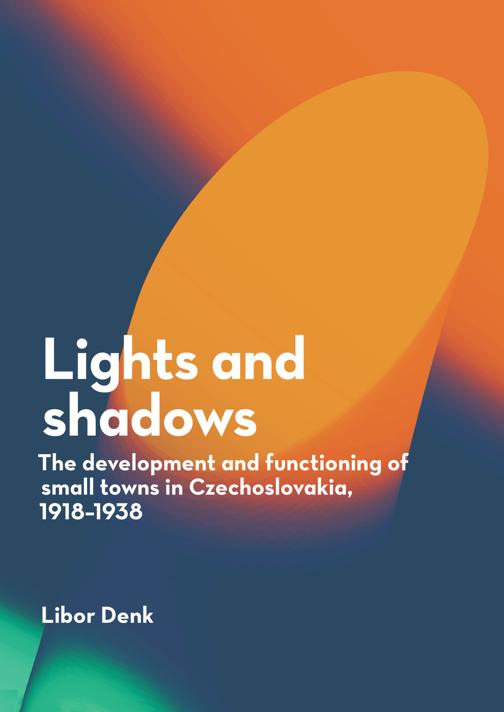Titelaufnahme
- TitelLights and shadows of the development and functioning of small towns in Czechoslovakia, 1918–1938
- Verfasser_in
- Enthalten ininsightOut. Journal on Gender & Sexuality in STEM Collections and Cultures, (2024) H. 2. Diverse Infrastructures? Gender, Queer & the Foundations of Society
- Schlagwörter
- DOI
This article focuses on the development of towns and urban infrastructure from 1918 to 1938 in what was then Czechoslovakia, using the example of the small town of Nové Město na Moravě. At this time small towns in Czechoslovakia were struggling with high budget deficits and the inability to implement the most important and necessary municipal projects. The First Czechoslovak Republic was based on a democratic concept that allowed a broader cross-section of society, including women, participation in political life and municipal self-government. One research question is whether there were women on the councils during this period who could, thanks to this position, participate in the building of modern infrastructure. The next research question addresses the circumstances under which major municipal projects were built and the problems the councillors encountered in their implementation. As an example, projects related to urban sanitation – water supply and sewerage – were chosen.
CV
Libor Denk works as a PhD student at Palacký University in Olomouc and as a historian and curator of the Horácké Museum in Nové Město na Moravě. His research focuses on the history of business and the development of cities in the 19th and 20th centuries.
Citation
Libor Denk, „Lights and shadows of the development and functioning of small towns in Czechoslovakia, 1918–1938“, insightOut. Journal on Gender and Sexuality in STEM Collections and Cultures, 2 (2024), S. 67-74, DOI: 10.60531/insightout.2024.2.10

